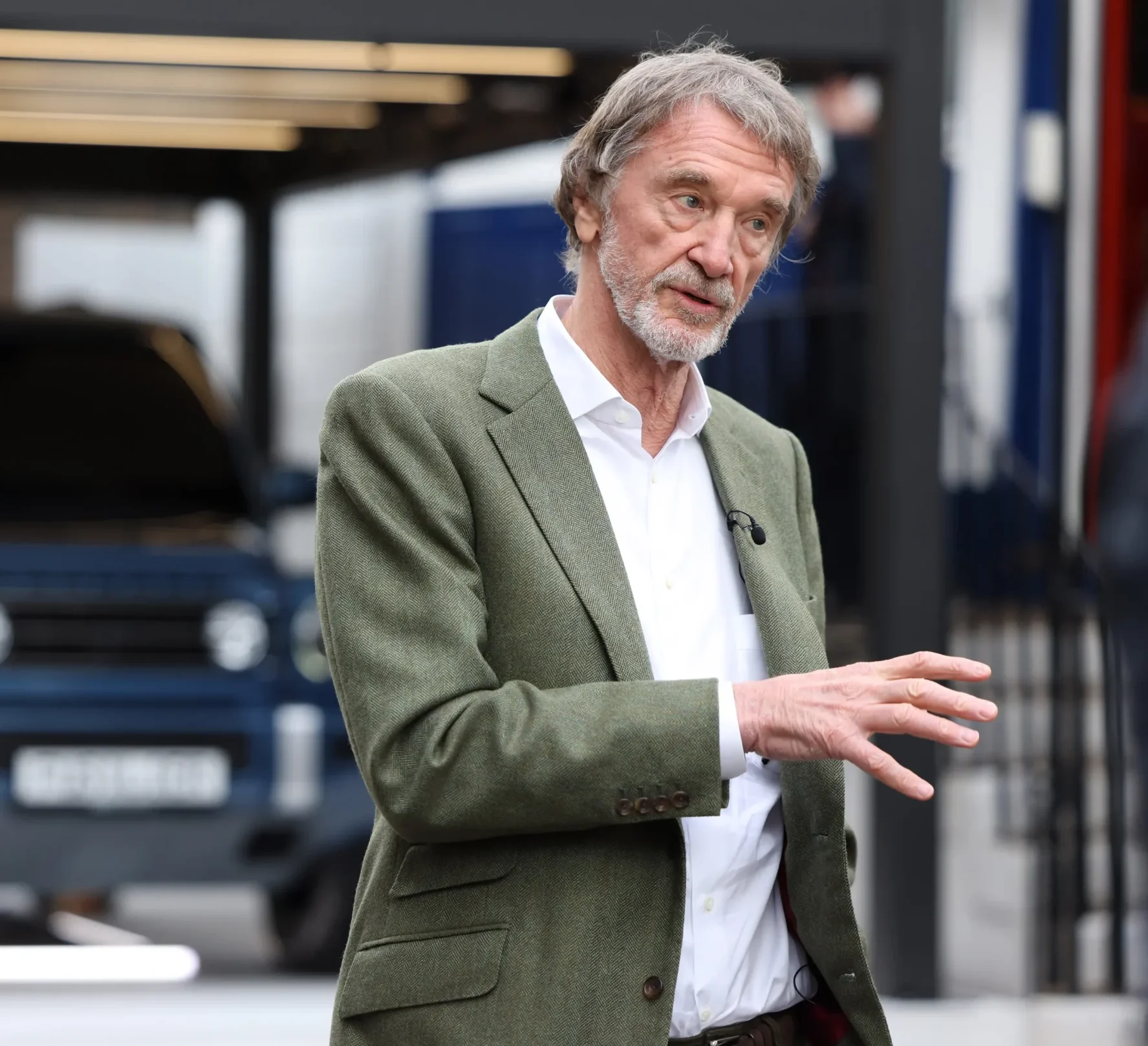Tottenham Hotspur has initiated High Court proceedings against Ineos Automotive, the company owned by Manchester United co-owner Sir Jim Ratcliffe, marking a significant legal dispute between two Premier League rivals off the pitch. The claim, filed on June 12, 2025, centers on the early termination of a lucrative sponsorship agreement that was originally set to last five years but was cut short by Ineos in December 2024.

The sponsorship deal, agreed in December 2022, named the Ineos Grenadier as Tottenham’s official 4×4 vehicle partner, a high-profile commercial partnership that was part of Ineos’s broader engagement with the club dating back to 2020. This agreement was struck before Ratcliffe acquired a stake in Manchester United in December 2023, adding an intriguing layer to the dispute given the fierce rivalry between the two London-based clubs and the Manchester club owned partly by Ratcliffe’s business empire.
According to court records, Tottenham’s claim is categorized as a “general commercial contracts and arrangements” dispute, though the specific details of the claim have not been publicly disclosed. The legal action follows failed negotiations between the two parties after Ineos exercised what it describes as a “contractual right to terminate” the sponsorship agreement early, a move that Tottenham evidently contests.
Ineos Automotive, part of the multinational Ineos conglomerate, issued a statement acknowledging the partnership with Tottenham since 2022 and confirmed that it exercised its contractual right to end the deal in December 2024. The company emphasized that this decision was made within the terms of the contract, suggesting that from their perspective, the termination was lawful and justified. However, Tottenham has remained tight-lipped on the matter, declining to comment publicly on the ongoing legal proceedings.
This legal battle comes amid a period of Ineos scaling back its sporting investments. Earlier in 2025, Ineos resolved a similar sponsorship dispute with New Zealand Rugby after legal action was initiated over an early termination and missed payments under a six-year sponsorship agreement. This pattern of withdrawing from long-term sports sponsorships indicates a strategic shift within Ineos, which could have broader implications for its relationships in the sports industry.
The timing of the legal claim is notable, coming less than a month after Tottenham defeated Manchester United in the Europa League final, adding an extra dimension of rivalry to the off-field conflict. Tottenham’s chairman, Daniel Levy, known for his shrewd business acumen and willingness to take decisive action to protect the club’s interests, appears to be leading the charge in this dispute. Levy’s reputation for rigorous management and negotiation is well established, and this legal action underscores his commitment to safeguarding Tottenham’s commercial partnerships and financial interests.
The dispute also highlights the complex interplay between sports, business, and ownership in modern football. Sir Jim Ratcliffe’s involvement with both Manchester United and Ineos Automotive places him at the center of this controversy, raising questions about the management of commercial relationships when ownership stakes and sponsorship interests overlap between rival clubs.
In conclusion, Tottenham Hotspur’s High Court claim against Ineos Automotive represents a significant commercial dispute rooted in the early termination of a multi-million-pound sponsorship deal. While Ineos asserts its contractual right to end the partnership, Tottenham’s legal action indicates a strong challenge to that position, reflecting broader tensions in the football business landscape. The outcome of this case will be closely watched, as it may set precedents for how sponsorship agreements are managed and terminated in the high-stakes world of professional football.

